A year-long survey of an ordinary urban lot found over 1000 unique species, revealing our yards are home to a great diversity of life.
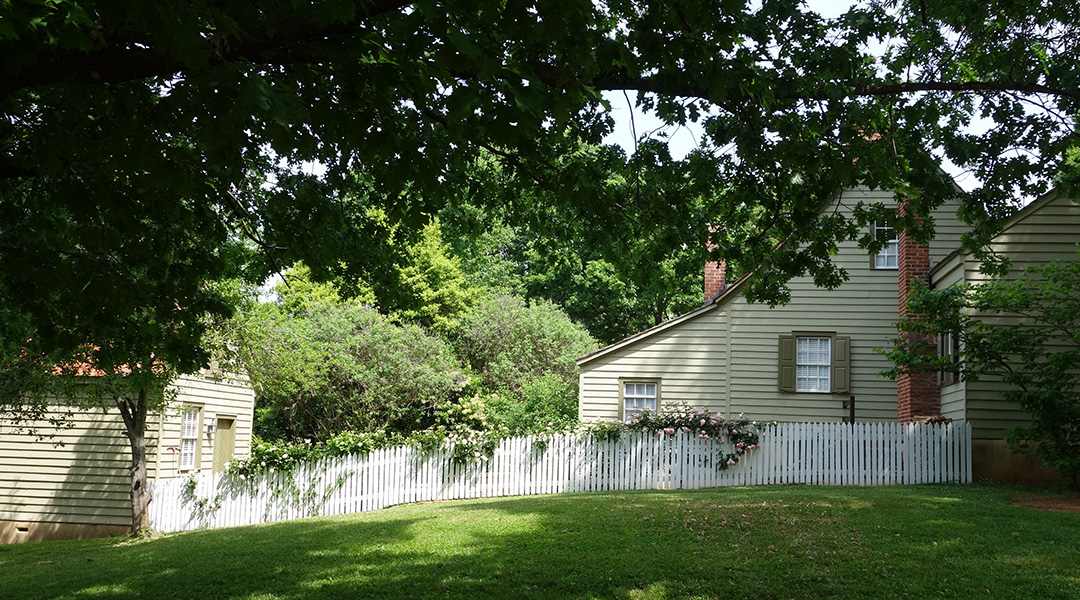

A year-long survey of an ordinary urban lot found over 1000 unique species, revealing our yards are home to a great diversity of life.
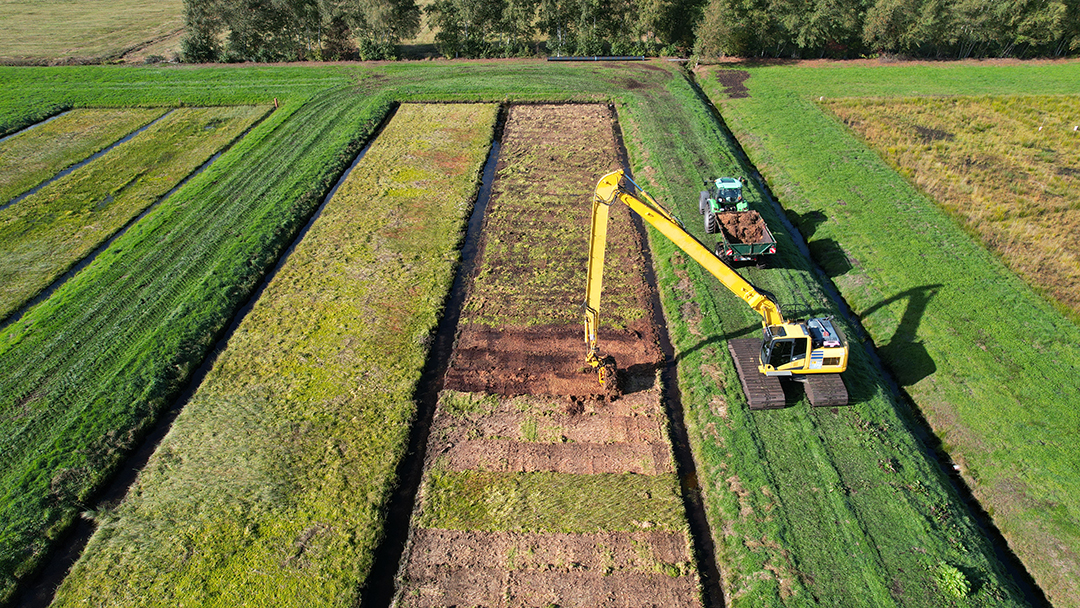
Scientists are reviving lost wetlands using paludiculture, blending ecology and economy to combat climate change and restore biodiversity.
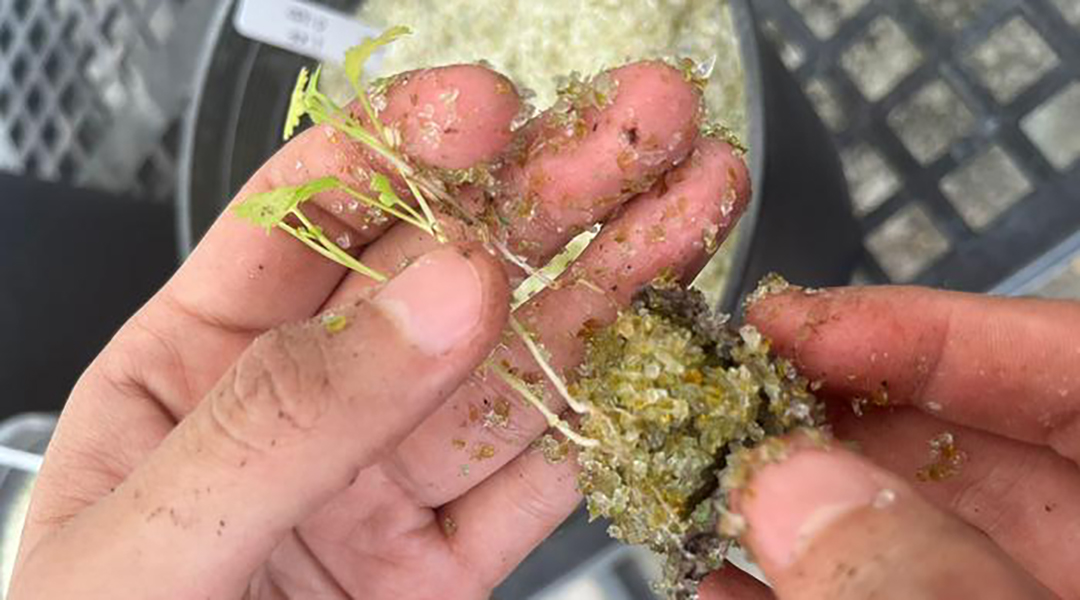
Pilot study explores how recycled glass is being used to grow salsa ingredients, protect coastlines, and safeguard the future of farming.
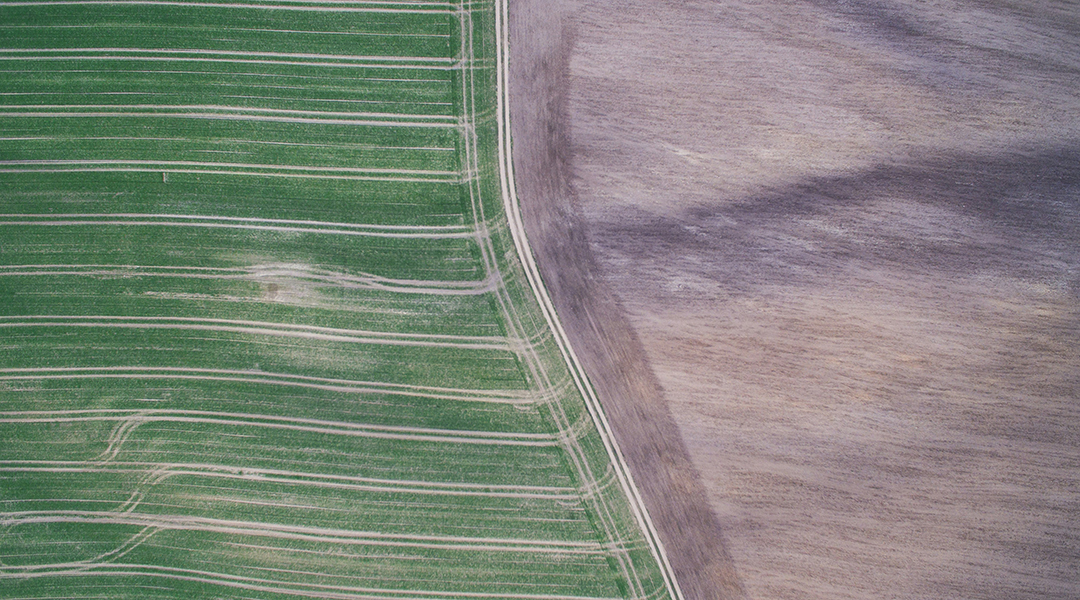
Traditional means farmers used to use for seed selection and preservation may help us cultivate more resilient food in a changing climate.
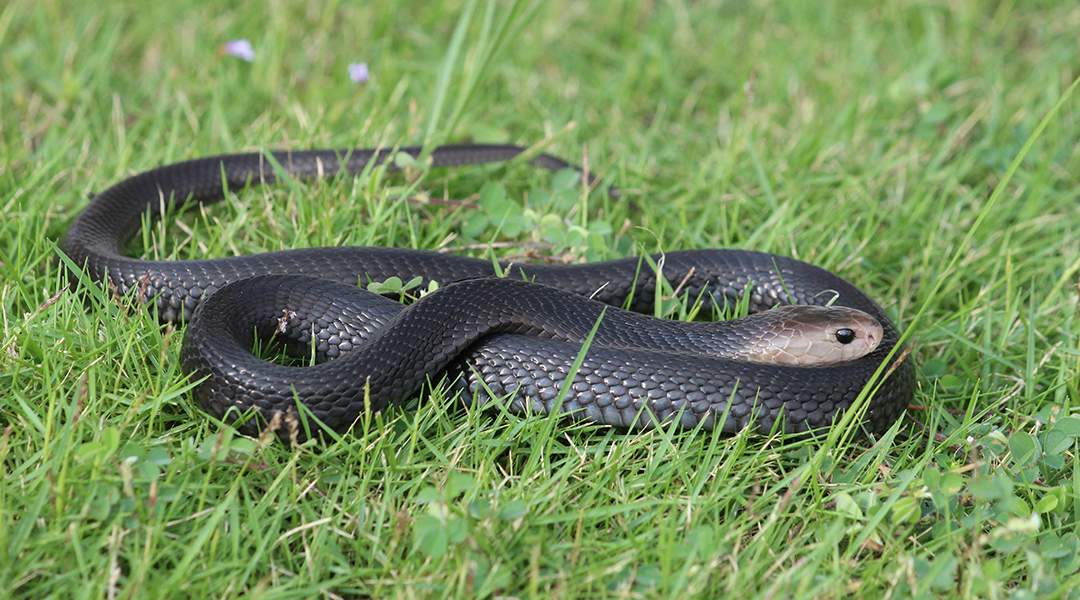
Lab-made model of human blood vessels provides accurate insights into effects of snake venom and could help develop new antivenoms.
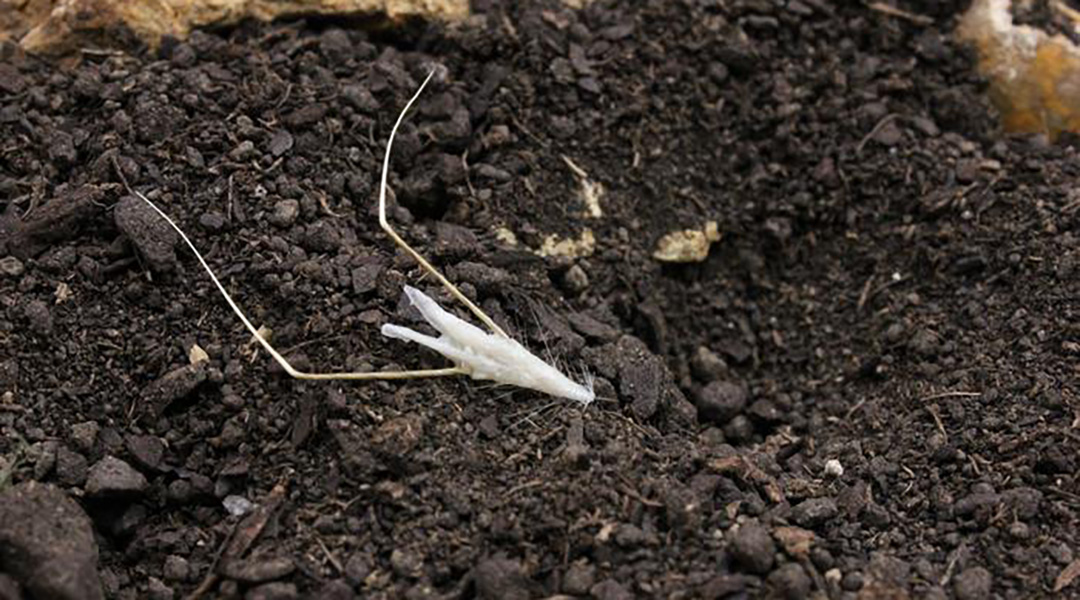
A biohybrid robot made from oats moves in response to humidity and is being tested as a biodegradable vector for reforestation efforts.
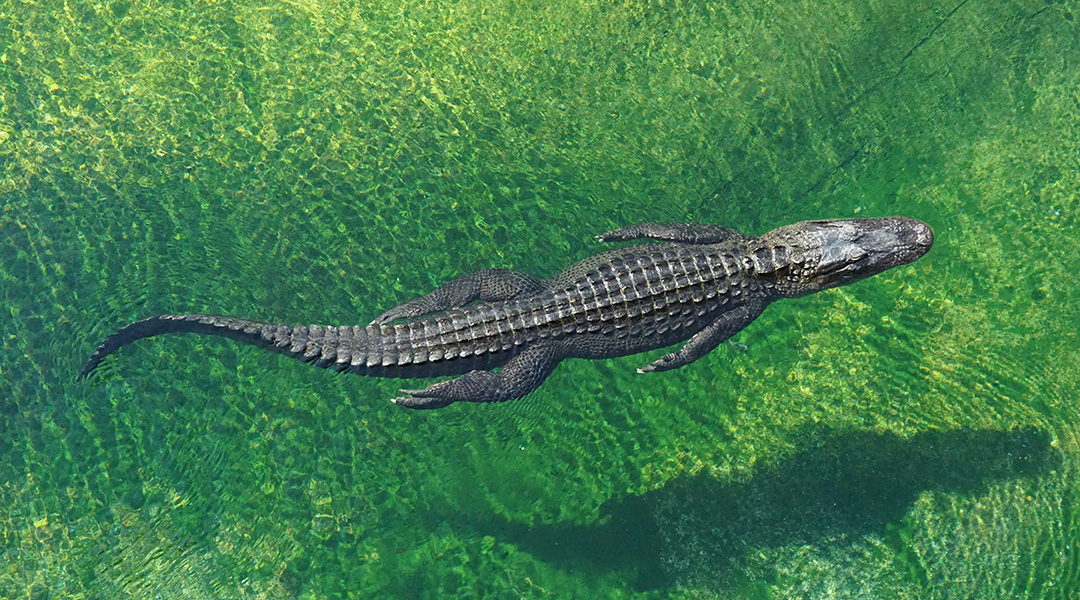
The decline of freshwater megafauna, including river dolphins, hippos, and crocodiles, is triggering significant consequences for ecosystems.
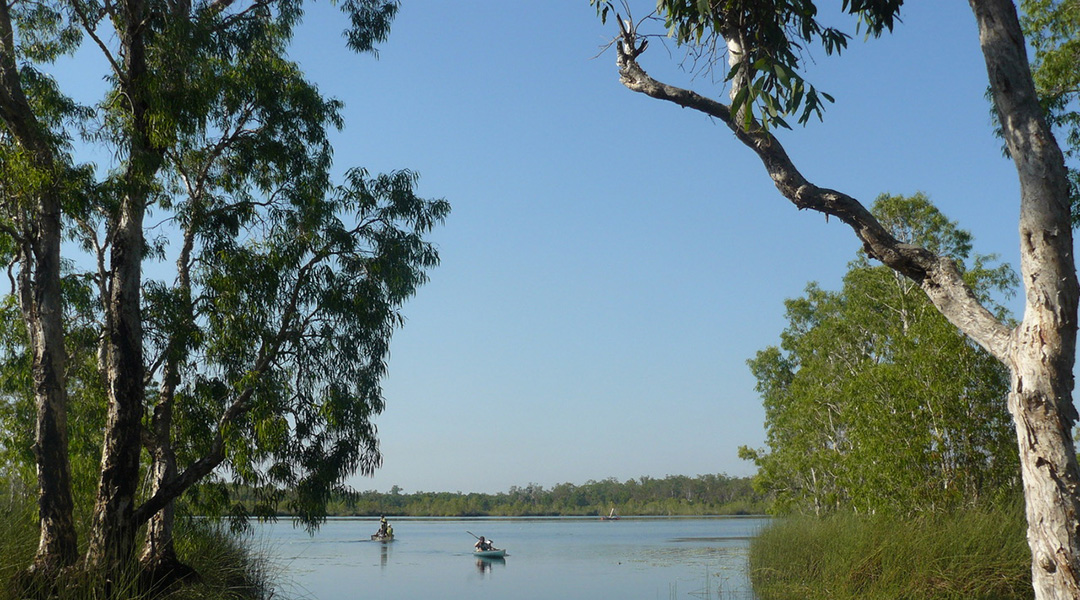
Abandoning traditional practices led to intense dry season fires, drastically altering biodiversity and increasing greenhouse gas emissions.
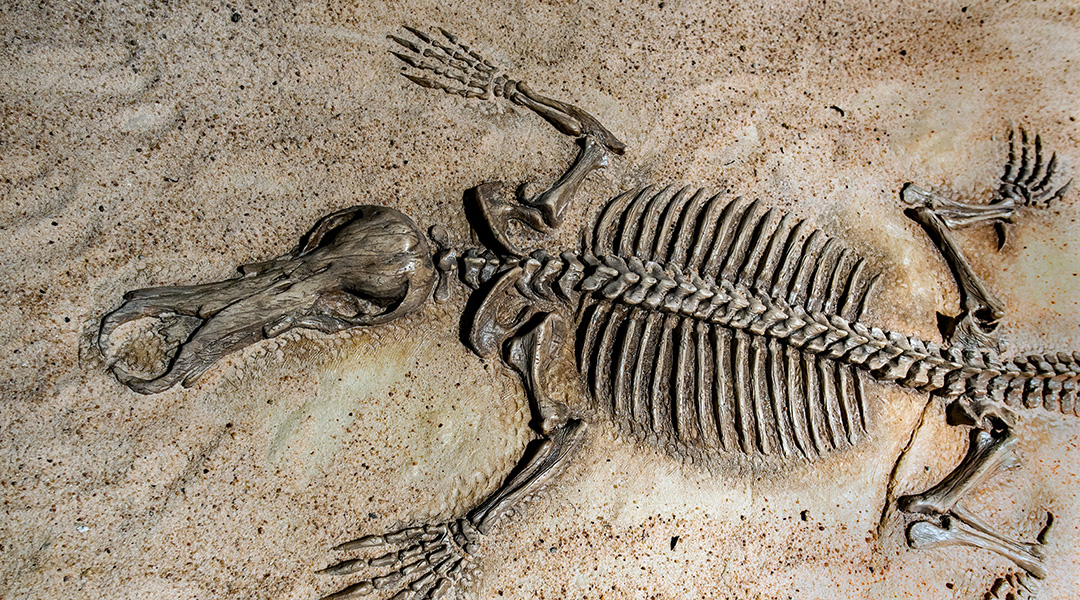
A new theory suggests dinosaurs’ impact on early mammals’ evolution may explain variations in aging among present-day animals.

Experts argue a new approach is needed so that we are less reliant on antimicrobial drugs, where less use means less resistance.